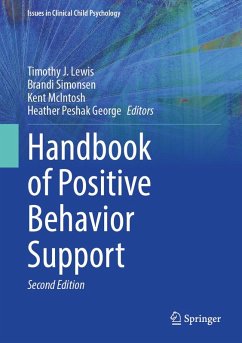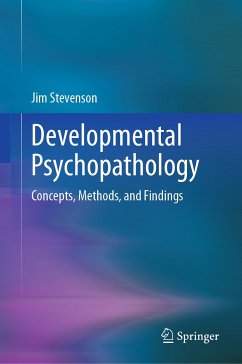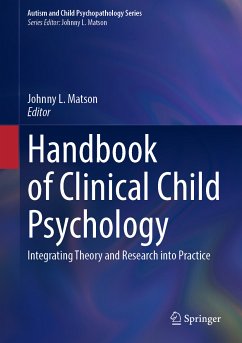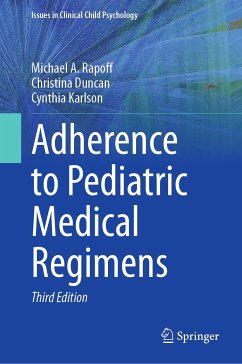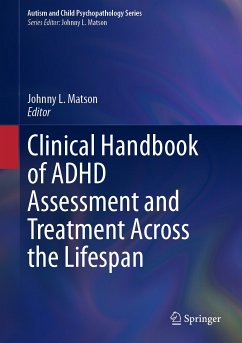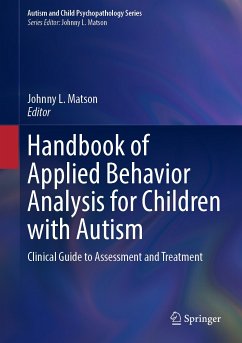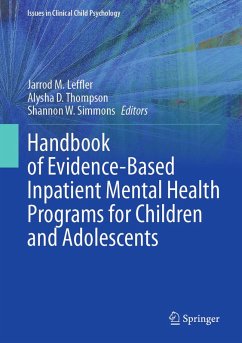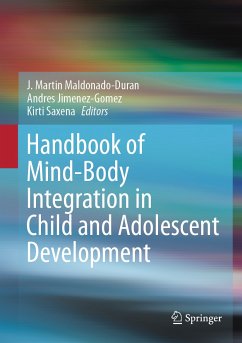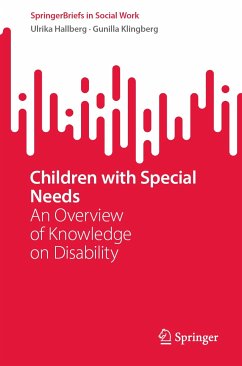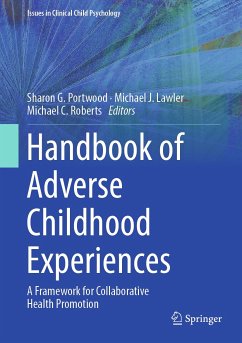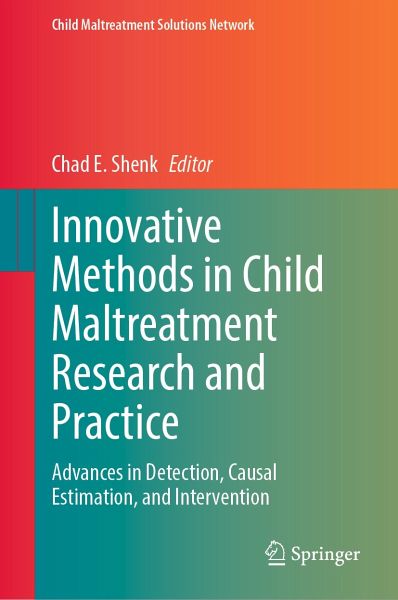
Innovative Methods in Child Maltreatment Research and Practice (eBook, PDF)
Advances in Detection, Causal Estimation, and Intervention
Redaktion: Shenk, Chad E.
Versandkostenfrei!
Sofort per Download lieferbar
152,95 €
inkl. MwSt.
Weitere Ausgaben:

PAYBACK Punkte
76 °P sammeln!
This book examines the latest methodological advancements in child maltreatment research and practice. It addresses long-standing challenges when working with and serving the child maltreatment population, while offering pragmatic solutions for scientists, caseworkers, and providers. Chapters explore methodological innovations in such areas as screening and detecting child maltreatment, collecting objective data in longitudinal research, causal modeling of adverse health effects, and advancements in both preventive and clinical interventions. Key areas of coverage include methods for: Screeni...
This book examines the latest methodological advancements in child maltreatment research and practice. It addresses long-standing challenges when working with and serving the child maltreatment population, while offering pragmatic solutions for scientists, caseworkers, and providers. Chapters explore methodological innovations in such areas as screening and detecting child maltreatment, collecting objective data in longitudinal research, causal modeling of adverse health effects, and advancements in both preventive and clinical interventions.
Key areas of coverage include methods for:
- Screening for child maltreatment at the point of contact.
- Reducing bias and promoting causal inference when examining health effects and etiological processes.
- Promoting representative samples, objective data collection, and integration of child welfare and medical records to enhance equitable access to care.
- Intervening with children and families at risk for and exposed to maltreatment.
Dieser Download kann aus rechtlichen Gründen nur mit Rechnungsadresse in A, B, BG, CY, CZ, D, DK, EW, E, FIN, F, GR, HR, H, IRL, I, LT, L, LR, M, NL, PL, P, R, S, SLO, SK ausgeliefert werden.



